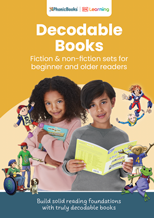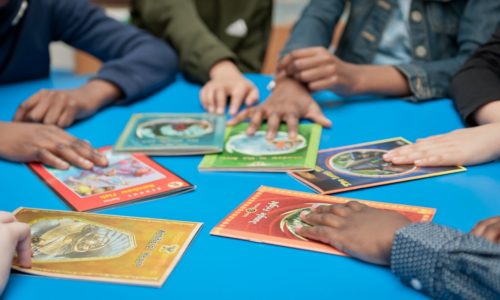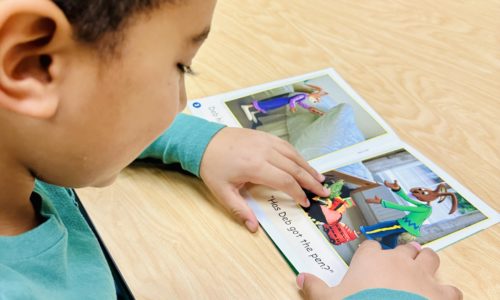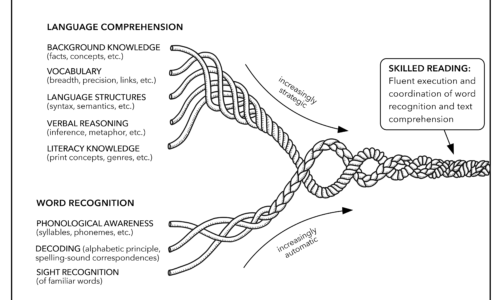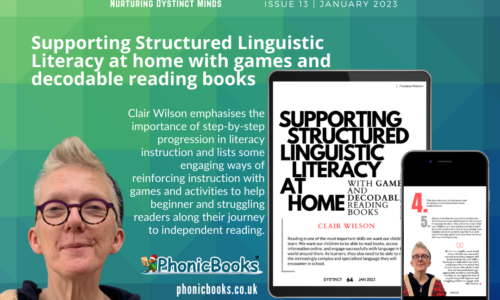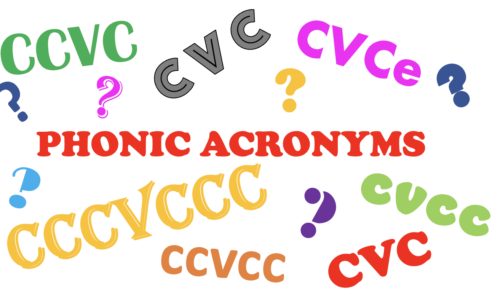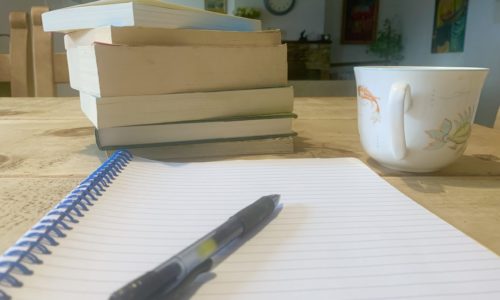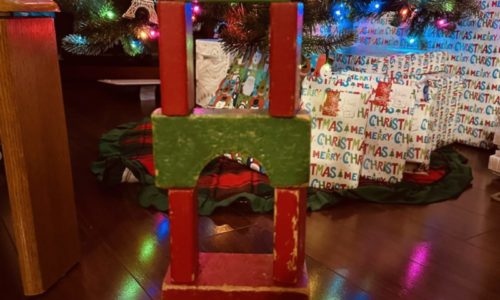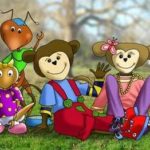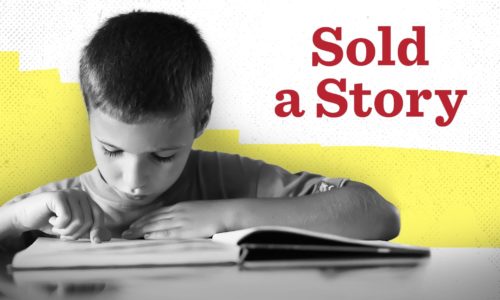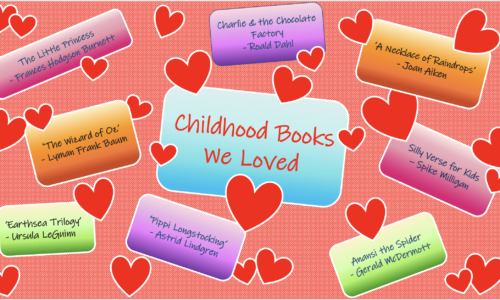
How important is it to cultivate the love of reading in children? Decodable books are an essential part of a structured literacy approach, but they have a specific purpose. They are decodable exercises which students can use to practise the phonics skills they have learned. They are not designed to compete with the huge variety…
Read More
